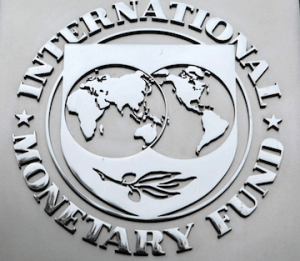IMF Board disburses second tranche of $116.6m to Ghana
 The Executive Board of the International Monetary Fund (IMF) yesterday August 31, 2015, completed its first review of Ghana’s economic performance under the programme supported by its $918 million Extended Credit Facility (ECF) arrangement and went ahead to disburse the second tranche of the support amounting to $116.6 million.
The Executive Board of the International Monetary Fund (IMF) yesterday August 31, 2015, completed its first review of Ghana’s economic performance under the programme supported by its $918 million Extended Credit Facility (ECF) arrangement and went ahead to disburse the second tranche of the support amounting to $116.6 million.
The IMF announced that this brings to $233.1 million the total disbursement made so far to Ghana under the Facility.
According to the IMF, in completing the review, the Executive Board also granted waivers for the nonobservance of performance criteria regarding gross credit to government, and non-accumulation of external arrears, based on their minor and temporary nature and the corrective measures put in place by the authorities.
“The Executive Board also approved the authorities’ request for modifications of performance criteria,” it said.
The IMF on April 3, 2015 approved a three-year $918 million ECF to Ghana. It noted that the arrangement under the ECF for Ghana is in support of country’s medium-term economic reform programme.
The IMF outlines a summary of the programme it agreed on with Ghana as follows:
It says the government’s three-year economic reform programme seeks to support growth and help reduce poverty by restoring macroeconomic stability through an ambitious and sustained fiscal consolidation, a prudent debt management strategy with improved fiscal transparency, and an effective monetary policy framework.
Secondly, the programme foresees a pick-up in economic growth, starting in 2016, supported by expected increases in hydrocarbon production. Lower inflation and interest rates, combined with a stable exchange rate environment would help support private sector activity.
It also projects that increased oil exports and lower oil imports on the back of domestic gas production will support the improvement in the current account, which together with the surpluses on the financial and capital account will help build up gross reserves to a more adequate level over the medium term.
By Emmanuel K. Dogbevi
